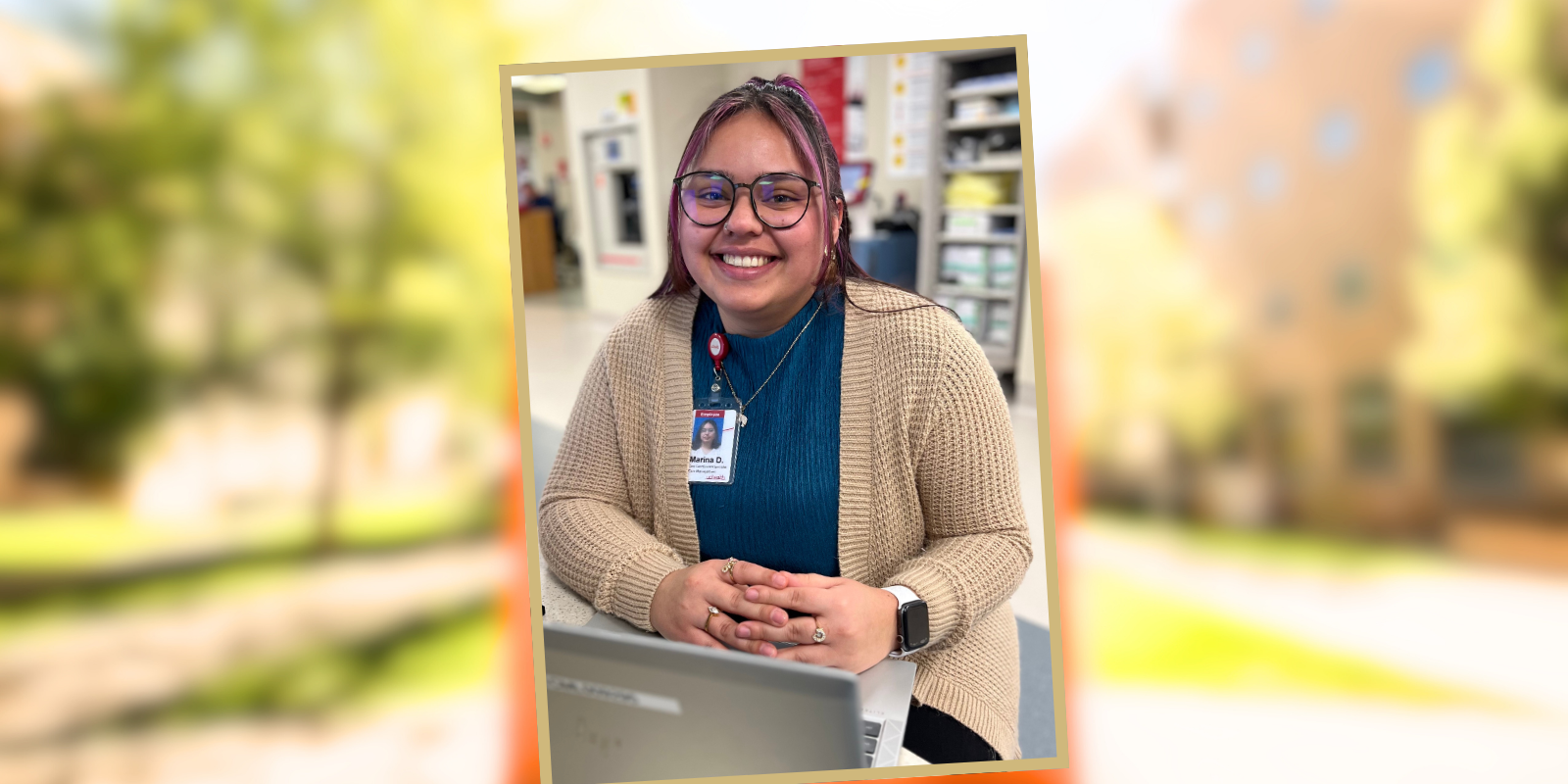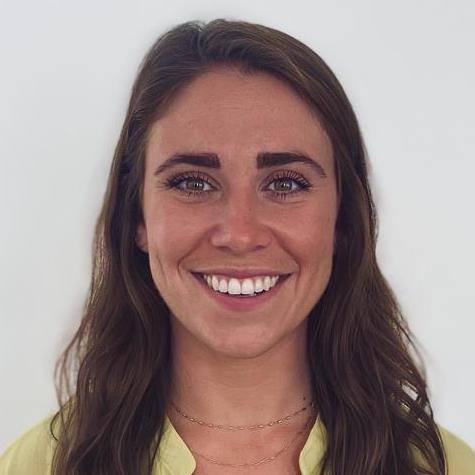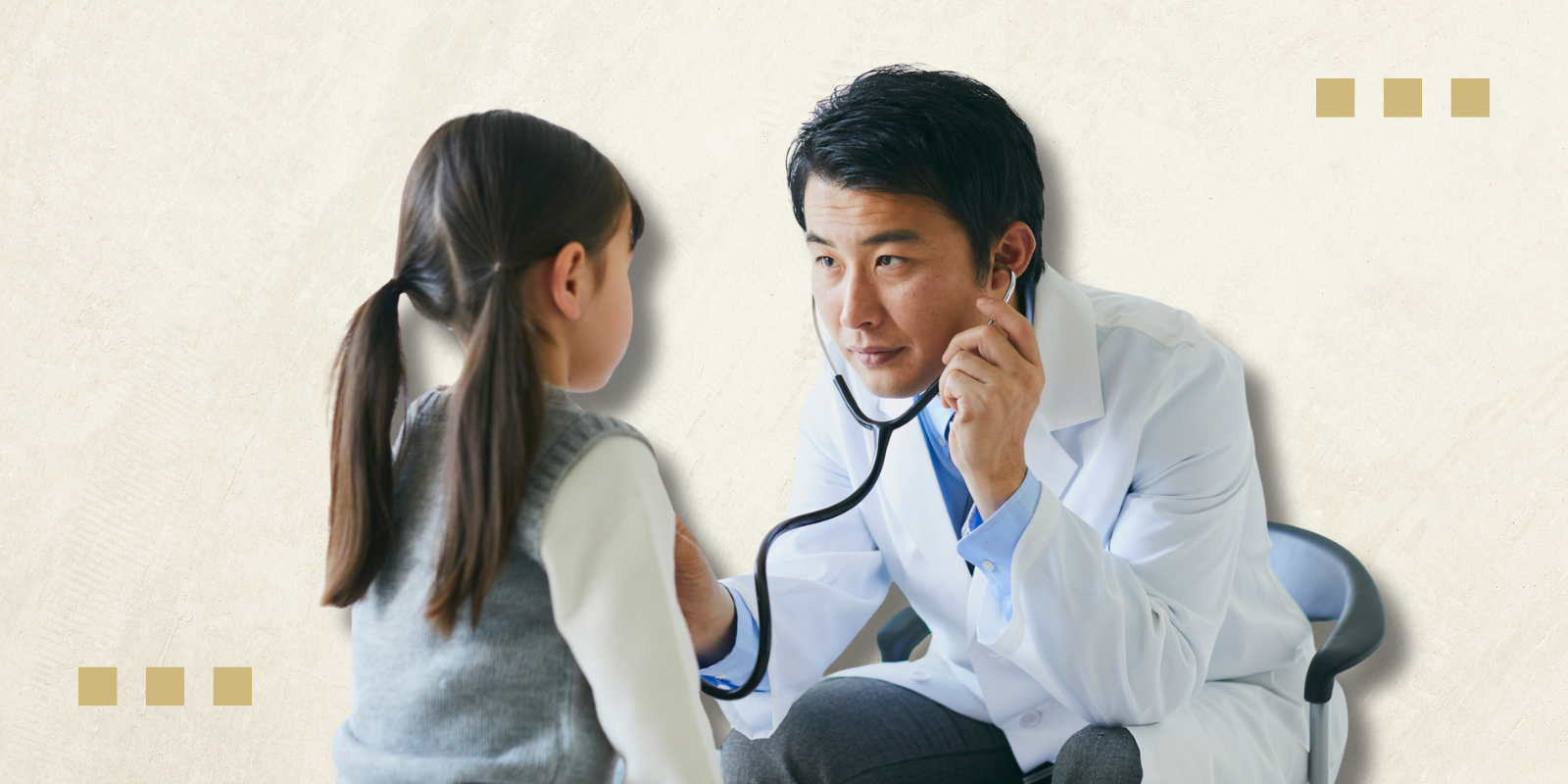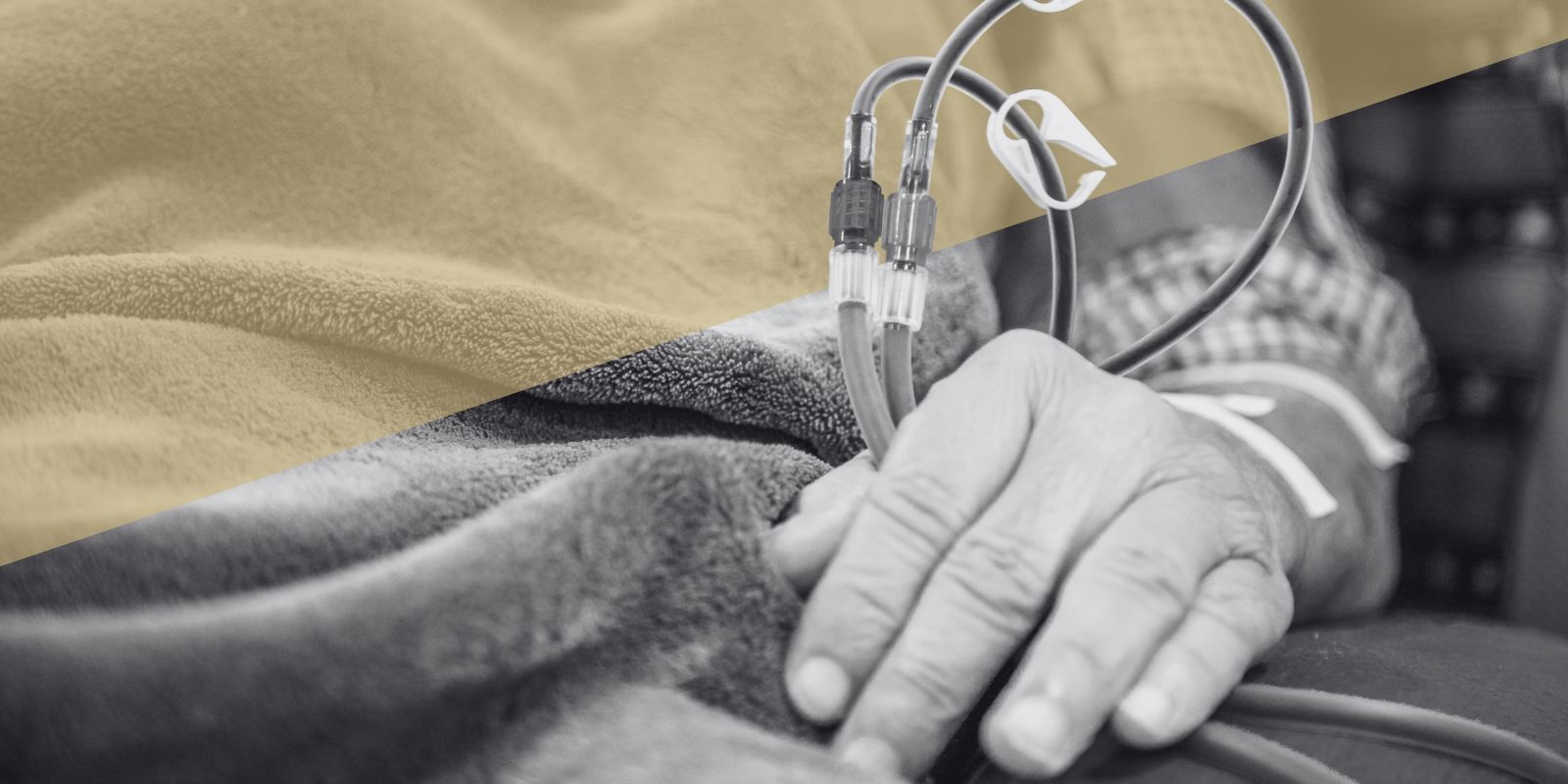UCHealth University of Colorado Hospital emergency department (ED) patients who primarily speak a language other than English have a new ally who can help connect them to primary care and other community resources.
Thanks to a program spearheaded by the Department of Emergency Medicine in the University of Colorado School of Medicine and the UCHealth Care Management Department, the UCHealth University of Colorado Hospital’s emergency department has hired Marina Delgado Hernandez as its first cultural care coordinator.
“I work with patients whose preferred language is something other than English — specifically patients needing support with access to health care,” says Delgado Hernandez, who is bilingual in English and Spanish. “We have a screening tool that’s based on health literacy and if the patient has a primary care provider (PCP). There are specific questions around how well they understand written medical forms and discharge paperwork, and the tool also lets us know when the providers use an interpreter to talk to the patient.”
Working on site in the ED four days a week, Delgado Hernandez is available for consults and also keeps an eye on the patient tracking board to see who might need her assistance.
“A lot of it is getting them connected with a PCP,” she says. “Some of it is health literacy and them understanding the difference between urgent care, emergency department, and PCP. Most of the people I help are uninsured patients and patients from other countries who don’t have a full understanding of how the health care system works here.”
Numbers point to need
The cultural care coordinator position has its roots in 2021, when Department of Emergency Medicine faculty began noticing significant increases in the numbers of ED patients requiring Pashto and Dari interpreters as a significant number of Afghan citizens began relocating to the Denver area. Soon after, historic influxes of newcomers from the southern border began augmenting the already tremendous diversity in Aurora.
“We began brainstorming ways to improve our care for patients with specific language needs after we noted a 2.5% to 5% increase in the number of ED encounters with a preferred language other than English,” says Maddie Ross, MD, MPH, the Department of Emergency Medicine assistant professor who led the creation of the new role. “We partnered with the UCHealth Care Management Department, with support from the Department of Emergency Medicine, to seek a grant from the Medicaid Supplemental Funding Program. Ultimately, they funded the hiring of a full-time ED-based care coordinator to improve linkage to post-ED care in the ambulatory setting, including primary and specialty care.”
While Delgado Hernandez mostly works with Spanish-speaking patients, who make up the majority of UCHealth ED patients who prefer a language other than English, interpreter services are available 24-7 for Pashto, Dari, and dozens of other languages.
“We know that patients with a preferred language other than English, especially refugee, immigrant, and newcomer populations, have significant barriers in transitions of care,” Ross says. “That’s a high-risk time in the spectrum of our health care system and continuum of care. Care coordination has proven to be effective in increasing primary care utilization, reducing ED utilization, and reducing hospitalization as well.”
Looking at social determinants of health
As cultural care coordinator, Delgado Hernandez also evaluates patients for needs related to social determinants of health — including access to food, shelter, and transportation — and connects them with local resources when needed.
“I often refer them to Project SHINE, which is a community organization that can follow the patients through their care,” says Delgado Hernandez, who is currently finishing a master’s degree in social work at Metro State University of Denver. “They contact with them in their preferred language, and they can help get them connected for discount programs with PCPs. They also pay attention to how other social determinants of health factors can impact the patient’s ability to see their PCP or get their medication. If it’s a patient who lives in Aurora, I like to refer them to the DAWN Clinic, because they offer transportation to and from their appointments for Aurora residents.”
Ross says the new role is an important bridge between new Americans and an often-confusing and overlapping web of community-based resources.
“It can be challenging for individuals to navigate the health care system, and it’s equally challenging to navigate the social- or health-related network of resources in the community,” she says. “We have found that emergency departments, because of their role as safety-net health care providers, often serve as the point of first contact for individuals who are newcomers. We hope the cultural care coordinator will be successful in linking them to resources that are urgently needed and probably best provided in the community.”
Pilot period begins
Only a few months into her new job, Delgado Hernandez says she works with at least five patients per day — an illustration of the need her role was created to fill.
“I’m learning that there are a lot of other languages, a lot of other populations that need support,” she says. “And for the Spanish speakers who have recently immigrated, there’s a huge sense of safety when they can talk to someone who speaks like them, sounds like them, looks like them. It’s really fulfilling to be that person.”
Ross says the cultural care coordinator position is in a one-year pilot period that will yield data to help her and other emergency medicine faculty members better identify the remaining gaps in programmatic needs for the non-English-speaking population and implement more wraparound services to address those needs. She hopes to scale the program in the coming years to provide 24/7 cultural care coordination coverage and to increase and broaden the network of community-based organizations with which the coordinator can connect patients.
“We live in a globalizing society with populations that are moving and migrating,” she says. “If our goal is to provide the highest quality care for all, that means we must create programming that is intentionally geared toward reducing barriers to care for vulnerable populations.
“One of the most incredible parts about emergency medicine — and medicine in general — is that we have the opportunity to bear witness to the struggles that are inevitable in being human,” she adds. “We sit with people in a lot of really hard times, and this is one more way that we create space and time for people to be seen and have their struggles and their challenges, validated, witnessed, and cared for."




